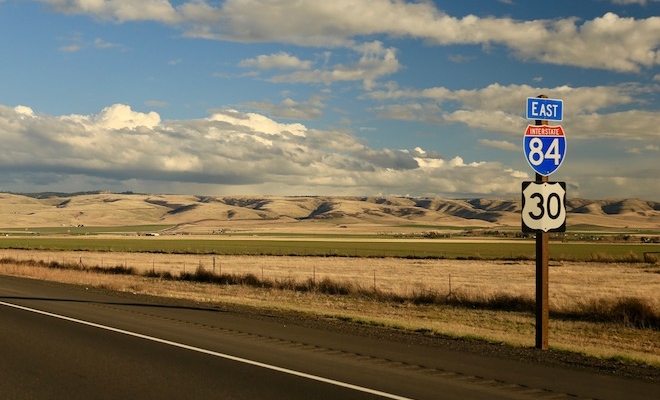
Anxiety
Depression Versus Anxiety
Depression and Anxiety Are Incompatible States
We’ve heard many people complain about having depression and anxiety at the same time but that’s impossible because the states are fundamentally incompatible with one another. In the existential sense, to inhabit one precludes the possibility of inhabiting the other.
Where depression is blunted affect anxiety is heightened affect. Where depression is having given up on life anxiety is intense preoccupation about some threat to life. Where depression is, as Rollo May once put it, the ‘inability to construct a future’, anxiety is the constant cycling of possible catastrophic future outcomes. Where depression is pointed towards the past, is the culmination of things not having gone as desired up until this point, anxiety is pointed towards the future, is the result of things possibly not going as desired from this point forward. Where depression implies hopelessness anxiety implies hope in that with depression the fundamental belief is that there’s no chance life can improve while with anxiety the fundamental belief is that there is some chance life can improve if the threats spurring that anxiety are adequately confronted and overcome. Even in the physiological sphere we see that depression is a slowing down while anxiety is a speeding up.
Giving Up on or Preoccupied With the Future
When we think about people with clinical depression we realize that there’s not much of a place for anxiety in their psyches precisely because they’ve given up on life and all its possibilities. When you’ve stopped caring about your future all those various physical and symbolic threats to Self stop cuing off enough of the anxiety response. When we think of people with clinical anxiety we realize there’s not much of a place for depression in their psyches precisely because they’re utterly preoccupied with life and all its possibilities. They’re really worried about their futures and all those various physical and symbolic threats to Self are cuing off too much of the anxiety response.




